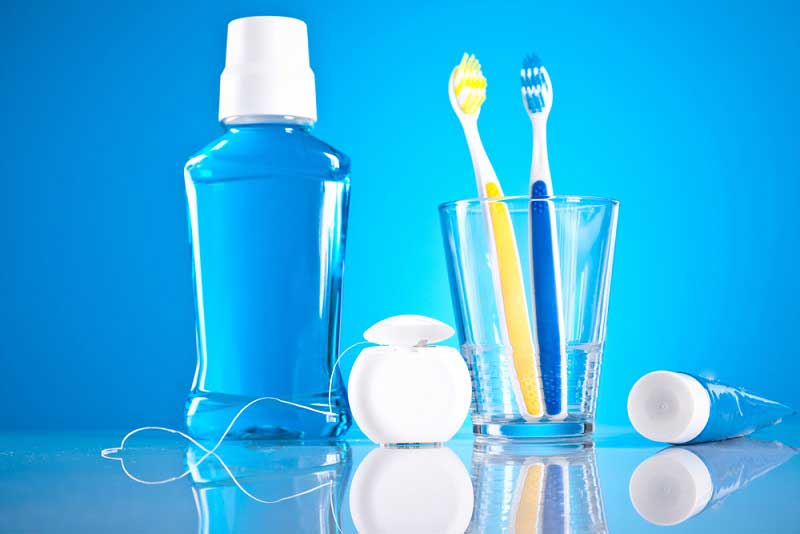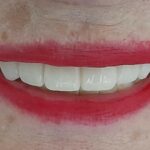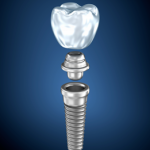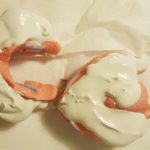
Is Fluoride really good for your teeth?
A majority of us put our trust in fluoride to help prevent tooth decay. It is a common ingredient in toothpaste, mouthwashes and can be topically applied by dental professionals. There is an overwhelming amount of evidence which supports the use of fluoride in dental prophylaxis.
Some countries, including large parts of the UK, add fluoride to the water supply, around 10% of the population of the United Kingdom receives fluoridated water. such as Birmingham, the West Midlands and on Tyneside. However, Thames Water do not add fluoride to any of their water supplies in London. The Fluoride in our water come naturally from the soils and rocks.
Therefore the natural fluoride content in the water is about 0.2PPM in London.
How do teeth decay?
Tooth decay begins when the outer surface of the tooth is attacked by acid. The acid is produced by bacteria which live on the surfaces of the teeth as a layer called plaque. When foods or drinks containing sugars enter the mouth, the bacteria within the plaque rapidly convert the sugars into acid. The plaque can hold the acid in contact with the tooth surface for up to 2 hours before it is neutralised by saliva.
During the time that the plaque is acidic, some minerals are dissolved out of the enamel into the plaque. This process is called demineralisation. However, once the plaque acid has been neutralised the minerals can return to the enamel surface – a process called remineralisation.
How does fluoride protect our teeth?
- If children ingest sufficient fluoride during the period of enamel development (up to 7 years of age) the fluoride alters the structure of the developing enamel making it more resistant to acid attack.
- Fluoride encourages remineralisation of teeth after acid attacks from foods. Fluoride is incorporated into the enamel making it stronger and more resistant to decay.
- Fluoride works by reducing the ability of the plaque bacteria to produce acid.
- Small amounts of fluoride ingested during childhood when the teeth are developing, it affects the depth of the fissures (grooves) on the biting surfaces of the teeth, making them shallower, therefore reducing the ability of plaque to remain undisturbed on the chewing surface.
Recommended dosage for fluoride in toothpastes
Children up to the age of 4 – a rice sized portion of fluoridated toothpaste containing more than 1,000PPM fluoride brush last thing at night and one other occasion (as soon as baby teeth erupt).
Children 4-6 years – twice daily tooth brushing using a pea sized amount of adult toothpaste (1350-1450PPM adult toothpaste) All children should be supervised or assisted until they develop appropriate manual dexterity and to ensure toothpaste is not swallowed.
Adults – a pea sized to regular amount of toothpaste containing 1350-1500PPM fluoride twice daily.
Fluoride mouth rinses
We recommend to all our patients to rinse for one minute with a capful of fluoride containing mouth rinse (225 PPM fluoride) at another time to tooth brushing.
Remember: Rinse with mouthwash not water
In order to gain the benefits of decay prevention from your toothpaste, spit out the toothpaste after brushing but do no rinse out your mouth with water. It is important to leave a small residue of fluoride containing toothpaste in the mouth to help remineralise and strengthen the enamel.
At The Behrens Dental Practice we provide professional application of topical fluoride We recommend the application of fluoride gel every 6 months for children. This is done by using a preformed tray with a small amount of fluoride gel is placed onto the teeth for a period of 2minutes, after application it is recommended not to eat or drink for one hour.





